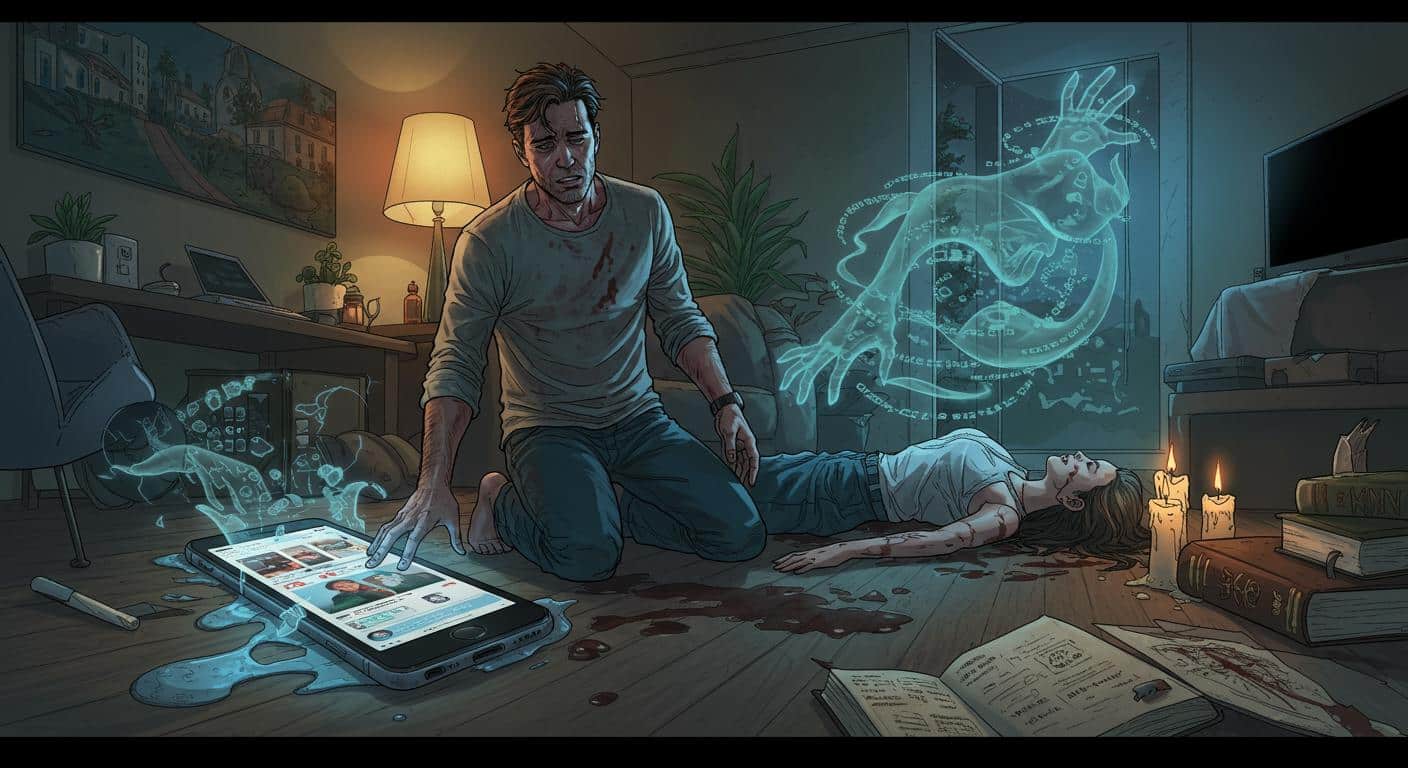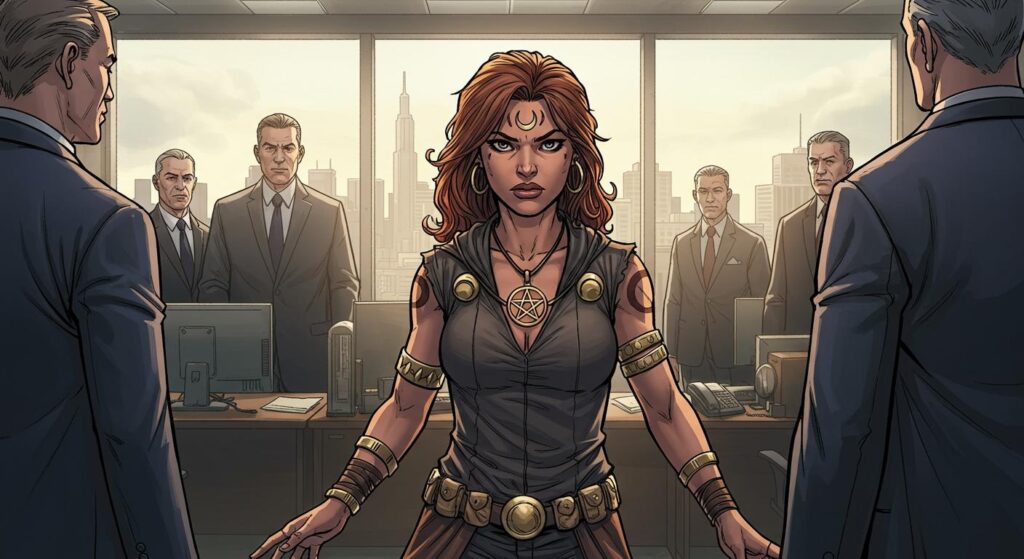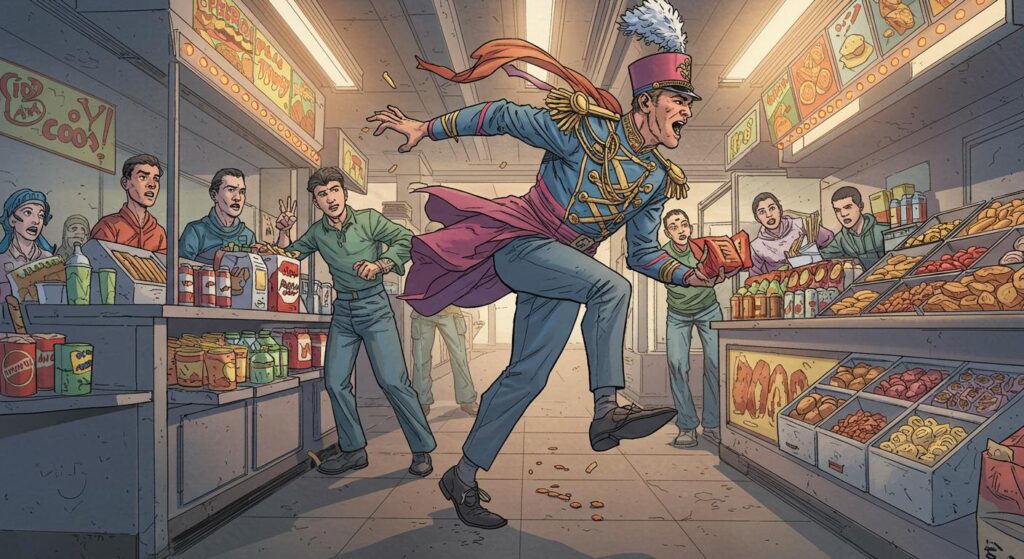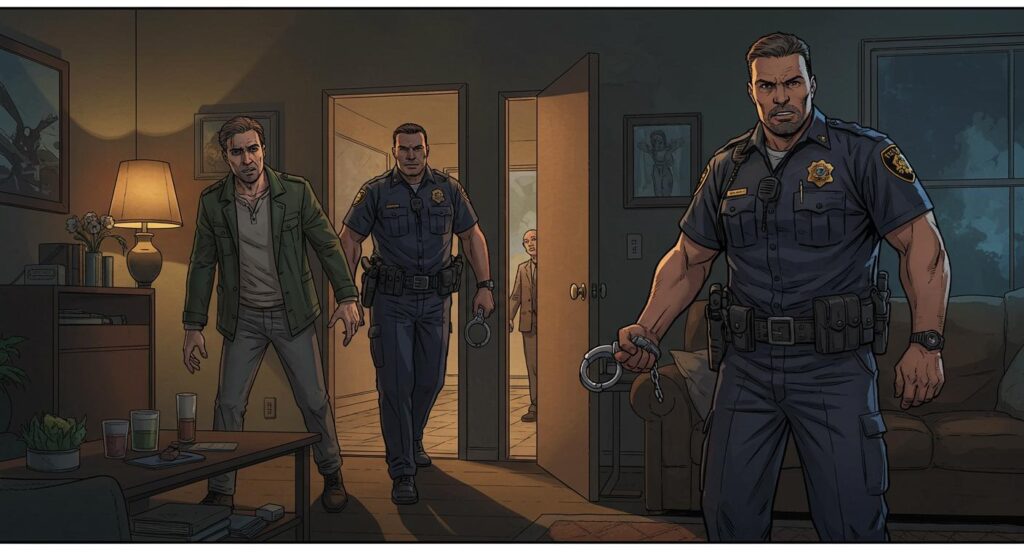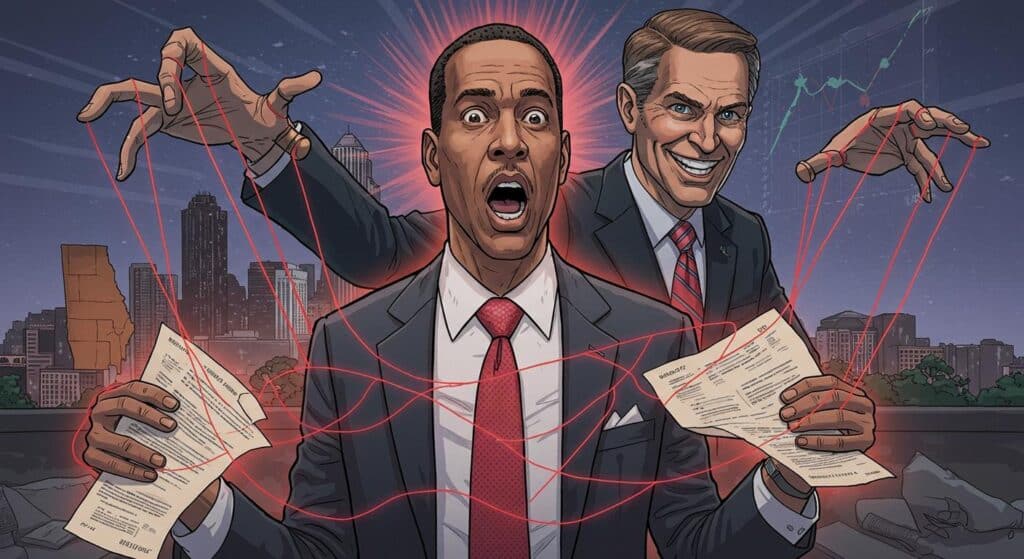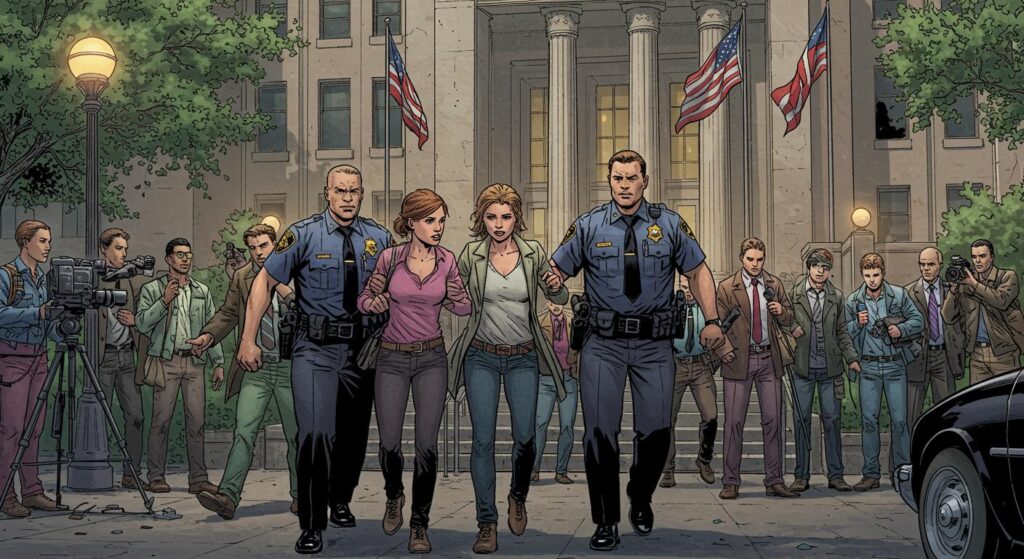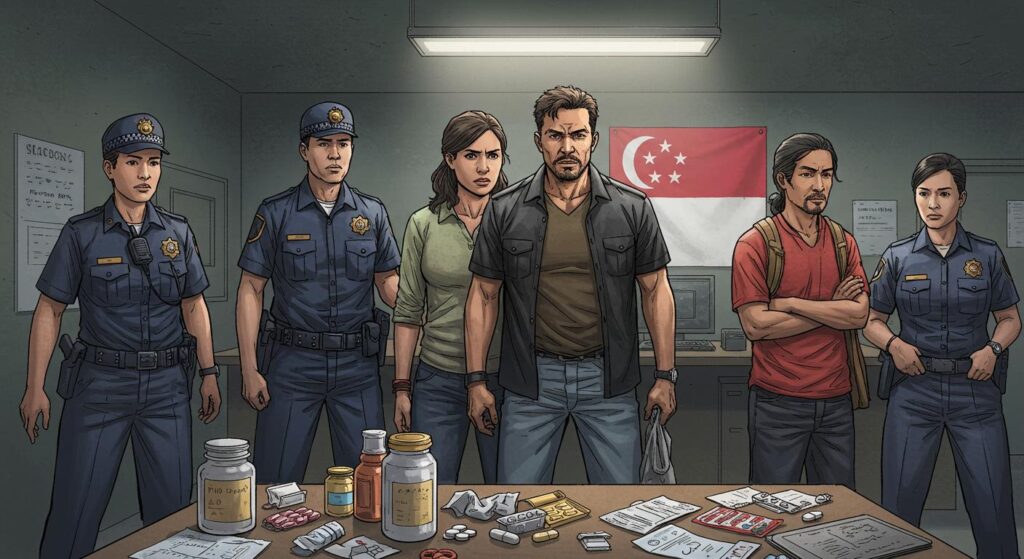It’s not every day that a grisly crime unfolds like a deleted scene from an amateur sci-fi drama, but then again, the world rarely feels obligated to stick to the script. The reporting by CBS News on the Anna Repkina murder case is a reminder of just how strangely real life can mirror the most offbeat corners of the internet—albeit with none of the charm and considerably more tragedy.
Murder, Interrupted (By a Google Search Bar)
The facts have a surreal edge: Anna Repkina, a 26-year-old Moscow native known for her love of classic rock, cats, and her sense of humor, leaves Russia after a whirlwind online romance with William Hargrove, relocating to Oregon and expecting a wedding. Instead, she walks straight into the center of a love triangle—with Hargrove quietly maintaining a secret relationship with Michelle Chavez. According to details outlined in CBS News, Chavez was unwilling to be the woman on the side, and after delivering a choose-or-lose ultimatum to Hargrove, Repkina’s life was tragically cut short.
Repkina’s body was discovered on a remote logging road, a crime scene littered with seemingly trivial trash. Yet one item—a KFC receipt—proved crucial; investigators traced it back to Hargrove, linking him both to Repkina and to the location. Sometimes justice turns on the least cinematic evidence—an errant fast food wrapper, in this case, becoming the unlikely key.
“Best Friend Made a Mistake”: Desperation, Digital-Style
The outlet also notes Hargrove’s actions after Repkina’s death, which veered sharply into the bizarre. Not limiting himself to panicked denials or attempted cover-ups, Hargrove instead took a virtual deep dive into the occult. Investigators recovered screenshots of web pages describing time travel spells, along with WhatsApp messages where he claims a “best friend made a mistake” and pleads for ways to turn back time and save the woman who “should be [his] wife.” For added flourish, he even offered his soul to strangers in exchange for any workable instructions. Perhaps not a trade with great street value, but you can’t say he didn’t aim big.
This magical thinking, as previously reported, set his case apart from the usual true crime fare. One has to wonder if Hargrove genuinely thought his salvation might lurk in the comments section or if it was just desperation escaping in fantastical directions.
Shopping Sprees and Emotional Alibis
Earlier in the report, it’s mentioned that Hargrove’s strange behavior didn’t end online. Surveillance video placed him at various ATMs, withdrawing $800 from Repkina’s account over several transactions. Part of that cash, authorities confirmed, went toward car insurance, shopping trips for Star Wars-themed LEGOs, candy, and cigars—a material coda to supernatural bargaining. At one gas station, he broke down and hugged an employee, claiming his girlfriend had left him—burying the truth under a pile of emotional theater, all while draining the account of the woman he’d proposed to.
Trials, Reversals, and the Persistence of Trash
Legal proceedings unfolded with nearly as much unpredictability as the rest of the saga. Hargrove was arrested after being connected to the crime scene by the infamous KFC receipt and other evidence, indicted, tried, and found guilty. Yet, as the outlet records, his conviction was overturned in 2023 after issues with a search warrant and some improperly collected evidence came to light. The twists didn’t end there: after a new trial in 2025, Hargrove was again convicted and sentenced to life in prison with the possibility of parole after 25 years.
Case files and news coverage together paint a portrait of a man whose attempts to evade accountability landed somewhere between tragic and oddly archaic—a literal paper trail paired with a digital trail of wishful thinking.
Alternate Timelines and Unanswered Questions
Is there a universe where a frantic internet search results in a real time travel spell and Anna Repkina returns home to Russia, unaware of any impending doom? The physics community would probably bet against it. In this timeline, the consequences of Hargrove’s actions proved as inescapable as gravity, regardless of internet folklore or metaphysics.
Ultimately, for all the sci-fi trappings, the story lingers because of its deeply mundane details: a KFC receipt, a string of ATM withdrawals, public displays of remorse, and a man who looked to the paranormal when the real world closed in. If time travel truly were for sale, one imagines Hargrove would be first in line. Until then, the rest of us are left plumbing the depths of human behavior, sometimes feeling, in cases like this, that the truth is always stranger than fiction. Does anyone ever really get away with trying to edit their own story—outside of the movies?

